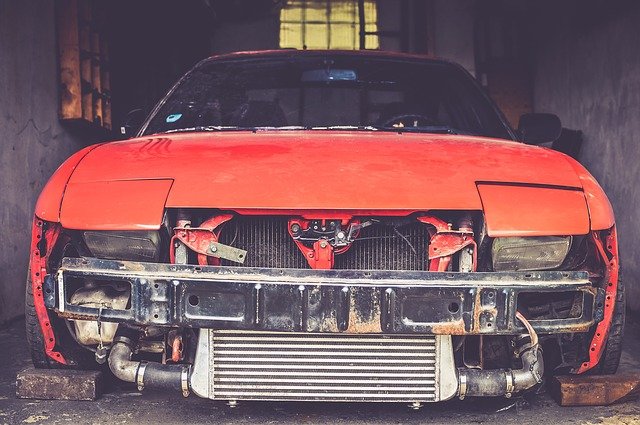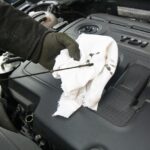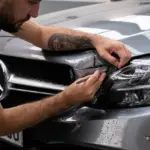Some things in life are certain. You may have heard that death and taxes are two of these. If you own and drive a car, you can throw car repairs into that equation. At some point, it is inevitable that you will have to take your vehicle to the shop or purchase new parts and components to do a job yourself. Some of these repairs are minor and should not set your budget back too much. In other cases, the repairs can put you in a tough financial spot. Insurance for car repairs is available, but it may or may not make sense for everyone. Consider what this coverage entails so you can make the right decision.

Understanding a Warranty
When you buy a new car, it will come with a manufacturer’s bumper-to-bumper limited warranty. This should cover any repairs you will have to make on items that break down or fail. The warranty is typically good for three years or up to 36,000 miles, whichever comes first. Once the mileage has passed this number or the three years are over, you would be responsible for paying for any repairs. Also, warranties do not cover regular maintenance and upkeep or repairing items that suffer normal wear and tear. New cars also have powertrain coverage for up to 60,000 miles or five years.
What About Used Cars?
If your vehicle is older, and the manufacturer’s warranty has long passed, you do not necessarily have to be out of luck for warranty coverage. An extended warranty on used cars is essentially insurance where you agree with the manufacturer or a third party to cover the car for a specific time period. Such insurance will cover the same things that the original warranty did. This means if during the period, the transmission goes out, you will not have to pay to fix it. This would save you potentially thousands of dollars. However, as with other types of insurance, you would be responsible for paying for the coverage either monthly or upfront.
When It Makes Sense
If you are worried about paying for expensive car repairs, you should consider getting repair insurance. You may be in a position to pay for monthly coverage or for the entire cost of insurance but would struggle to handle large repair bills. Also, if you drive your car daily and put on a lot of miles, the chances of needing major repairs will be higher. If the car is several years old, and you feel that major problems are imminent, look closely at getting repair insurance on the vehicle.
When It May Not Make Sense
Conversely, if you only drive sporadically and do not commute long miles often, it may be better to skip the insurance. Your car is bound to last longer this way, and you will not see as much strain on the engine and other parts. You may also want to skip getting an extended warranty if your used car is only a few years old. Chances are good that major repairs will not come up for a while.
What to Do Next
When you buy a used car, speak to the sales associate or third-party representative of the warranty about what the coverage entails. Understand what your financial commitment would be. Look at your budget and determine whether you feel comfortable with the insurance costs versus what you will not have to pay in repair bills.
Repair insurance can help you financially in a lot of ways. It can also be expensive. Weigh these pros and cons as you decide whether to get or bypass an extended warranty.









